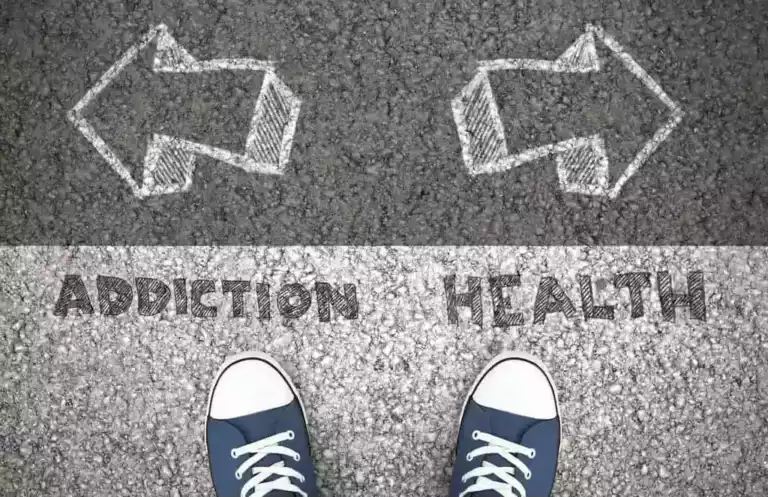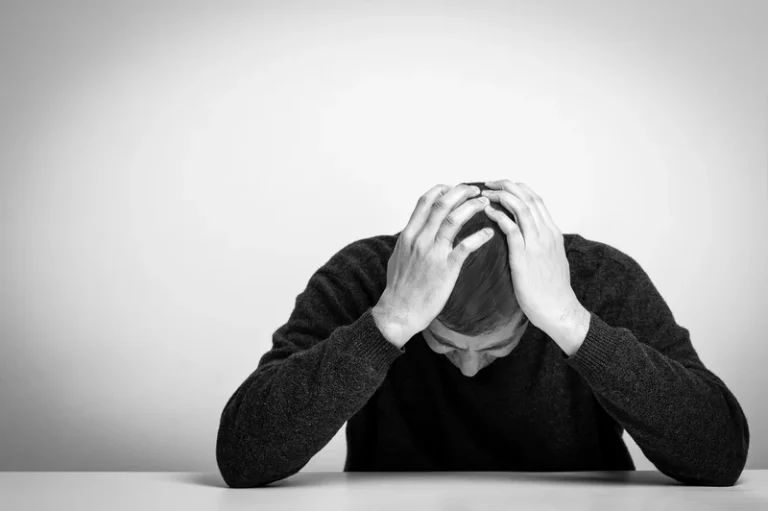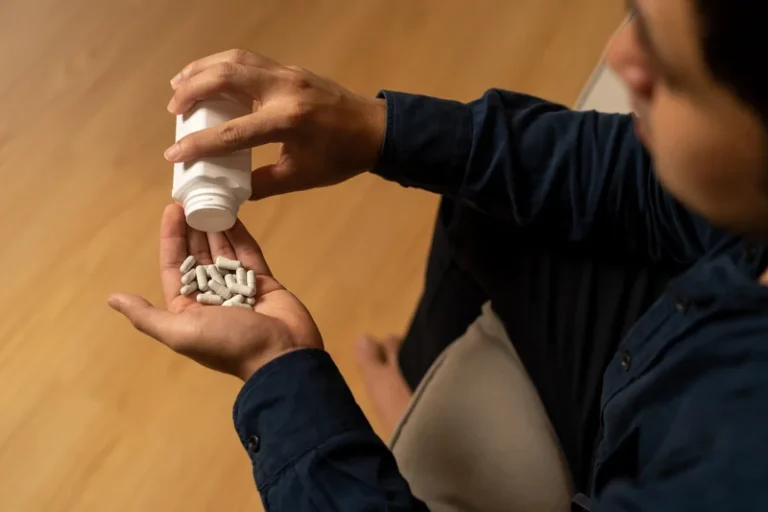Opioid Addiction Treatment: Focus on Recovery

Opioid addiction treatment is a long-term process that requires ongoing support. The misuse and abuse of prescription painkillers sometimes lead to developing a dependency. In other cases, people keep seeking ways to receive similar satisfaction they get from medicine, so they turn to heavy drugs. It’s not just a national problem, it has a global scale.
While opiate dependency is challenging to overcome, there are several effective programs available that can aid with rehabilitation. This article explains opioid addiction treatment options that help patients get their lives back on track.
Understanding opioid addiction
Opiate (or opioid) addiction is a chronic illness when the person can’t stop using medication, despite all the physical, mental, and societal harm it causes. Opiates are a drug class that includes prescription pain medicines like oxycodone, hydrocodone, morphine, and fentanyl and illegal substances like heroin.
Opiates work on the brain’s reward system, generating a euphoric high while also alleviating pain. Chronic opiate use can lead to physical dependency, which means the body adapts to the drug’s presence and experiences withdrawal symptoms if the person stops using drugs.
Most opioid addiction treatments consist of several methods. Together, they aid individuals in regaining control, admitting a problem, and starting the healing journey.

Take back control of your life and start on the road to recovery now.
What causes opiate addiction?
Because opiates induce tremendous emotions of euphoria and pleasure, they are highly addictive and can quickly lead to compulsive usage and dependency. The brain’s reward system is stimulated by opiates, encouraging the desire to take them repeatedly.
A few common contributors include family misuse history, mental disorders, chronic pain that requires medication, experiencing trauma in the past, etc. Genetics may also affect an individual’s susceptibility to misuse.
Another relatively common reason why people, especially young ones, develop dependencies is availability. Taking just a few more pills to not only reduce the headache but to achieve “the high” might contribute to the problem.
Moreover, even though it’s rare, some may start misusing medicine because of peer pressure. People are societal creatures, and we love to be accepted in society. Without achieving this, people turn to other things that bring them comfort. Unfortunately, many find comfort in things that kill them.
Signs of opiate addiction
The symptoms and indicators of opiate dependency might vary based on its intensity and the individual’s circumstances. Yet, the following are some common symptoms and indicators of opioid misuse:
- Behavioral symptoms
- Physical symptoms
- Psychological symptoms
Each group has specific signs. Let’s delve into details about each of them, so you can tell if your friend or someone you care about needs help.

Behavioral symptoms
One of the first signs is that the person behaves unusually. Their personality changes and you may even notice some habits that the person never had. Here are the signs to pay attention to:
- Increased secrecy or lying.
- Withdrawal from friends and family. Instead, the person acquires new friends.
- Changes in social or work relationships. The person may even quit or lose the job.
- Borrowing or even stealing money.
- Neglecting responsibilities and obligations.
- Poor decision-making and judgment.
- Risky behaviors (taking pills or drinking alcohol and then driving).
Typically, the person becomes more interested in spending time with people who also struggle with misuse.
Physical symptoms
Sometimes, the person may look unkempt or shabby since they no longer care about their appearance. However, there are specific physical signs to pay attention to, and they are as following:
- Drowsiness
- Slowed breathing or respiratory depression
- Slurred speech
- Pinpoint or constricted pupils
- Nausea and eventual vomiting
- Itching or scratching
- Muscle weakness
- Constipation
If the person has slurred speech and/or constricted pupils, it might be time to investigate the matter in detail to see if your worries have a logical explanation.
Psychological symptoms
People misusing opiates often experience psychological changes. Here are some of the most common signs:
- Sudden mood swings.
- Loss of interest in previously enjoyable activities and hobbies.
- Increased irritability or anxiety.
- Apathy or depression.
- Inability to stop or control opiate misuse.
- Cravings for drugs.
- Continued use of opiates despite negative consequences.
The person experiencing these symptoms is likely to have opiate misuse. This means they must ask for help, or their loved ones should contact opiate treatment centers. Professionals can help with opioid addiction treatment.
Addiction is a serious condition that may have fatal consequences or harm a person’s health. It’s best to start acting fast before the misuse becomes even more complicated. Numerous opioid treatment programs help addicts get control of their lives.
What are the ways of opioid addiction treatment?
First, it’s possible to overcome opiate addiction. Rehabilitation and long-term sobriety take hard work and guidance, but it’s possible. The very first step to opioid addiction treatment is to admit the addiction. If you admit the problem, you can take the path to recovery with the help of professional facilities and support from friends and family.
If the person you know doesn’t want to admit the addiction, contact a facility specializing in addiction recovery. An intervention must be organized to talk to the addict and convince them to go through the detox and start an opioid rehab journey.
Overall, the most effective opioid addiction treatment strategies may be determined by the individual’s personal needs and the intensity of their addiction. These are some of the most successful strategies:
- MAT
- Support groups
- Inpatient or residential therapy
- Behavioral treatments
- Outpatient treatment
Typically, all strategies are combined to help the patient reach long-term sobriety. Keep reading to learn what such treatments do and offer.

Medication-Assisted Treatment (MAT)
MAT entails using drugs such as buprenorphine, naltrexone, or even methadone to assist in managing cravings and withdrawal symptoms while also preventing relapse. Typically, this option alone is not a solution. Physical cravings stop, but the person must realize the problem. That’s where support groups with people who share the same problem come in handy.
Support groups
It’s possible to contact support organizations such as Narcotics Anonymous (NA). As individuals progress toward recovery, these opioid addiction treatment organizations can provide encouragement, support, and accountability.
Inpatient or residential therapy
Individuals can focus on rehabilitation in a disciplined and supportive atmosphere provided by inpatient or residential opioid addiction treatment programs. Detoxification, therapy, and life skills training are some of the services provided by such programs.
Behavioral treatments
Behavioral therapy can assist patients in addressing underlying psychological and emotional difficulties that may contribute to their addiction. These treatments also help people develop coping skills and strategies for dealing with urges and avoiding relapse.
Outpatient treatment
These programs enable people to undergo treatment while still living at home and working or attending school/college. Programs consist of counseling, medication management, and peer support.

This can be a difficult journey, but you don’t have to go it alone. Let us be your guide and provide you the environment needed to regain control of your life and begin the path to recovery.
Adapt to normal life with Eco Sober Houses
Start the recovery path with talking to your healthcare provider. This medical professional will recommend an appropriate treatment or offer educational resources on addiction to family members. Or consider contacting Eco Sober Houses.
It is a facility that may organize an intervention for your loved one if they don’t want to admit the addiction. The center provides mental and physical support and offers rehabilitation. Eco Sober Houses helps addicts regain control of their lives, gain skills to take care of themselves, help find the right support group, etc.
Detoxification is a good way to ensure the person doesn’t feel withdrawal symptoms, but only further rehabilitation increases the chances of long-term sobriety: that’s what Eco Sober Houses offers.




